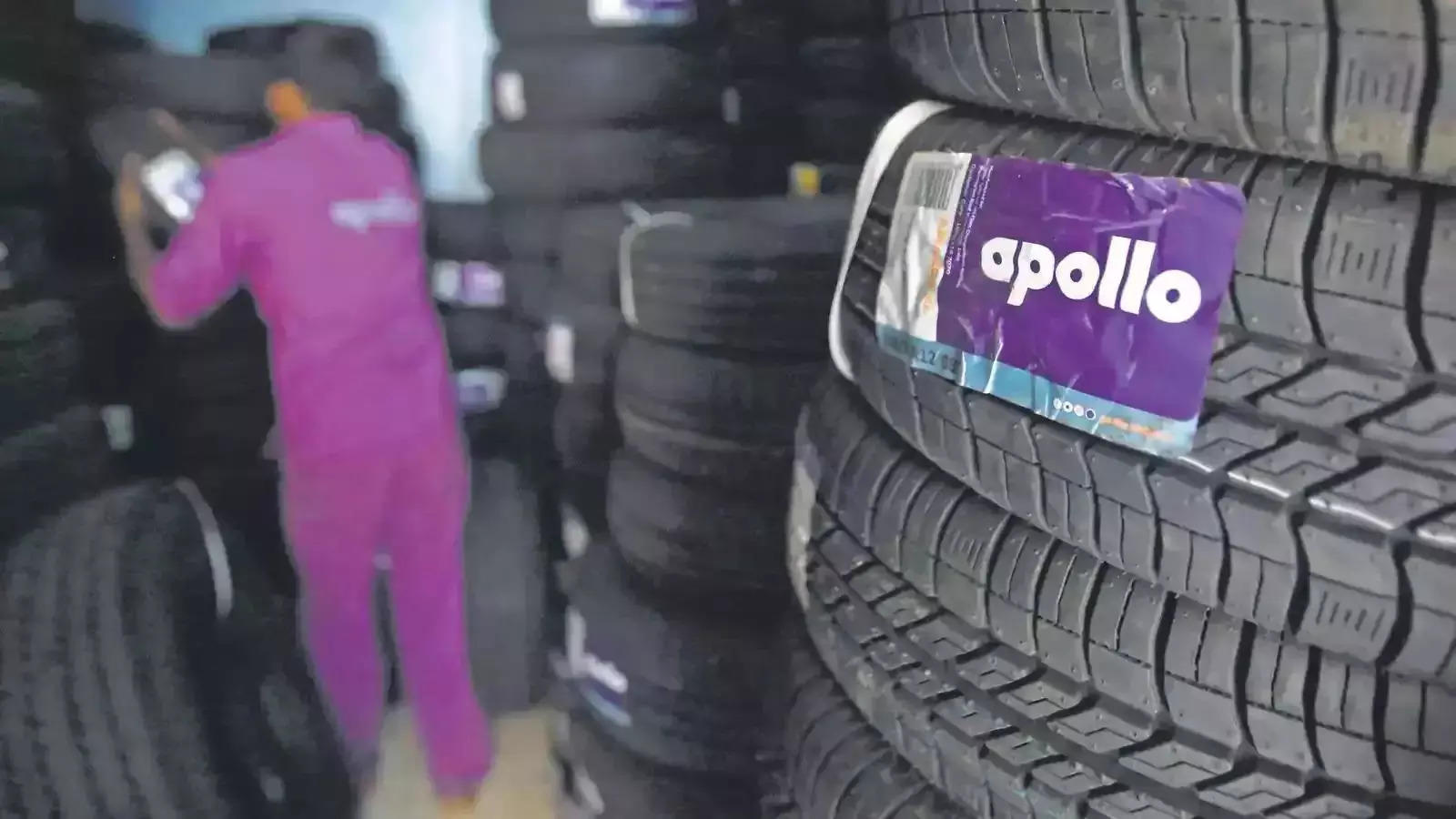In 2018, Sebi had penalised Apollo Tyres on the grounds that 6.90 lakh shares of Apollo Tyres were bought back by the company and its promoters in contravention of the relevant section of the Companies Act and Sebi regulations.
A bench led by Justice Sanjiv Khanna during the hearing pulled up Sebi for appealing against the SAT orders and also asked it to give a list of appeals that it had filed against the tribunal’s orders.
The apex court also asked the officer-in-charge of the case against Apollo Tyres to explain the inordinate delay in taking action against the company as Sebi had passed the order way back in 2018, almost 15 years after the alleged violation of buyback norms.
Sebi in its appeal stated that SAT had grossly erred in appreciating that the issue of delay was wholly devoid of any merit and in the absence of any statutory provision with respect to limitation qua investigation, initiation of proceedings and passing of the order by it.
In September, the tribunal while dismissing the SEBI’s appeal had asked it to refund the penalty amount deposited by Apollo Tyres.Sebi argued that Apollo Tyres failed to follow any of the methods for repurchasing shares as specified under the buyback regulation which provides for buy back through a tender offer, open market through book building process via stock exchange, etc. However, Apollo Tyres had argued that the information regarding buy-back of shares was intimated to the SEBI and was also in the public domain since 2013 but the show cause notice was issued only in January 2014 after 11 years.“Once the sale of 36.90 lakh shares was upheld by the Supreme Court, the question of SEBI looking into the possible violation of the Buy-Back Regulations or of the Section 77 of the Companies Act does not arise nor penalty could be imposed. We are of the view, that once the sale of 36.90 lakhs have been affirmed by the SC the alleged violation is deemed to have been waived and it was no longer open for the intervener to allege violation nor was it open to SEBI to impose a penalty for the alleged violation,” the SAT stated.


